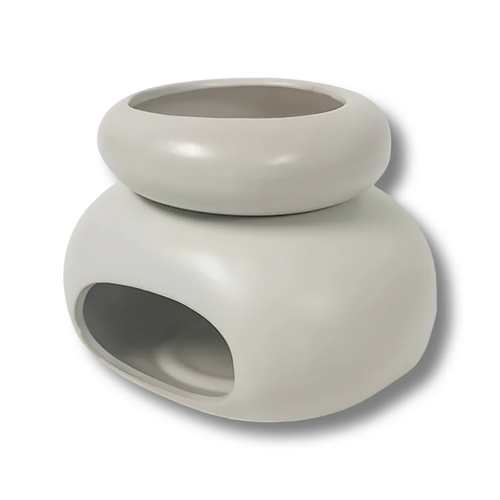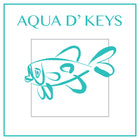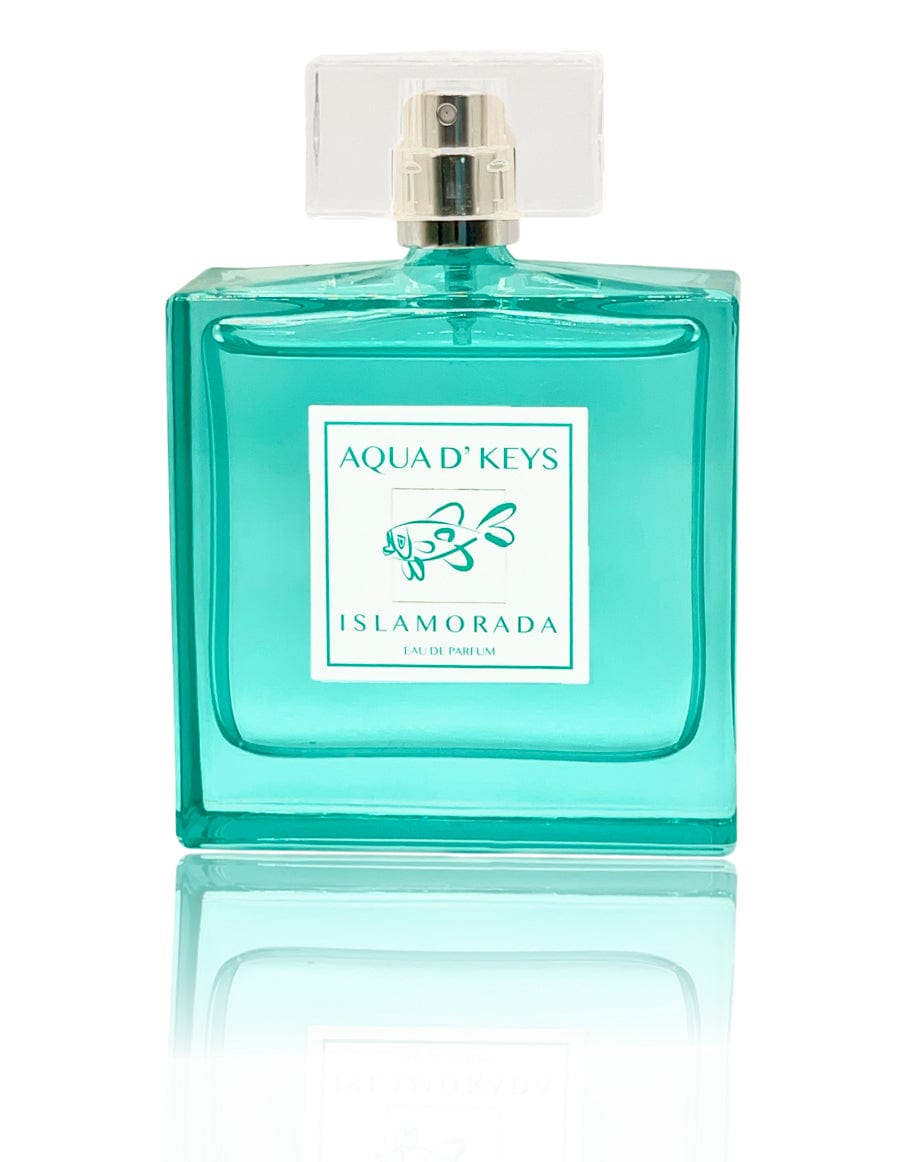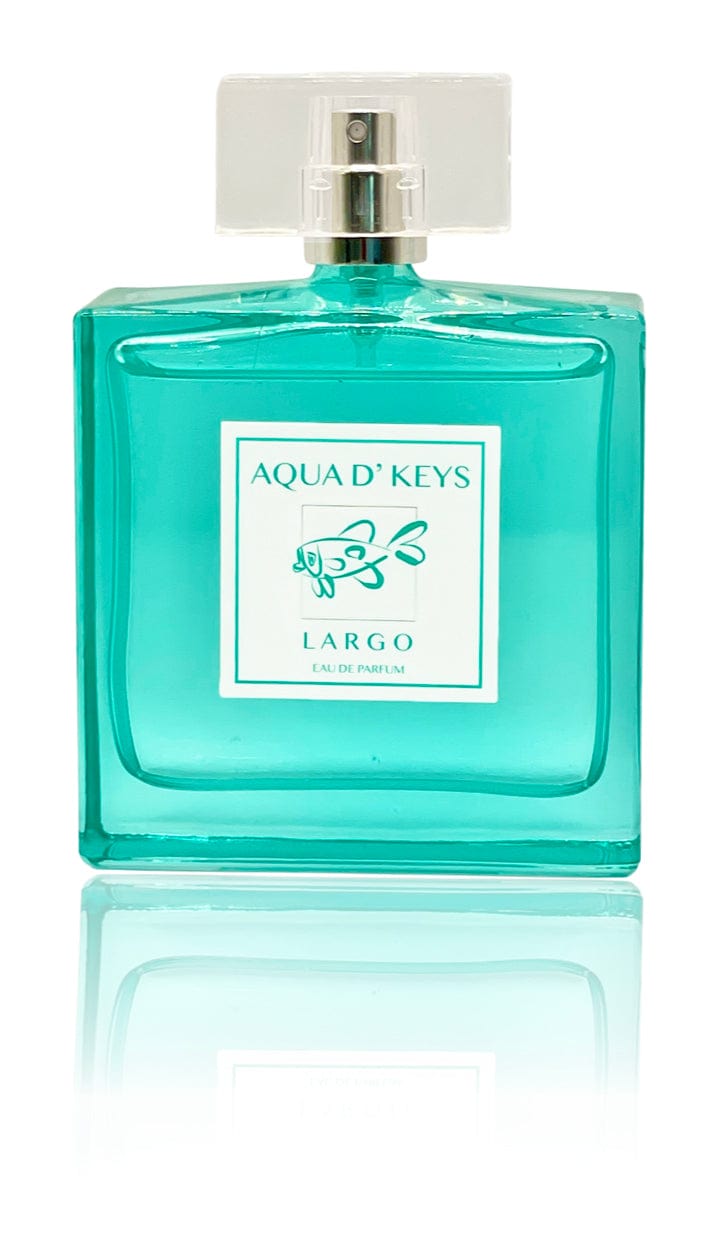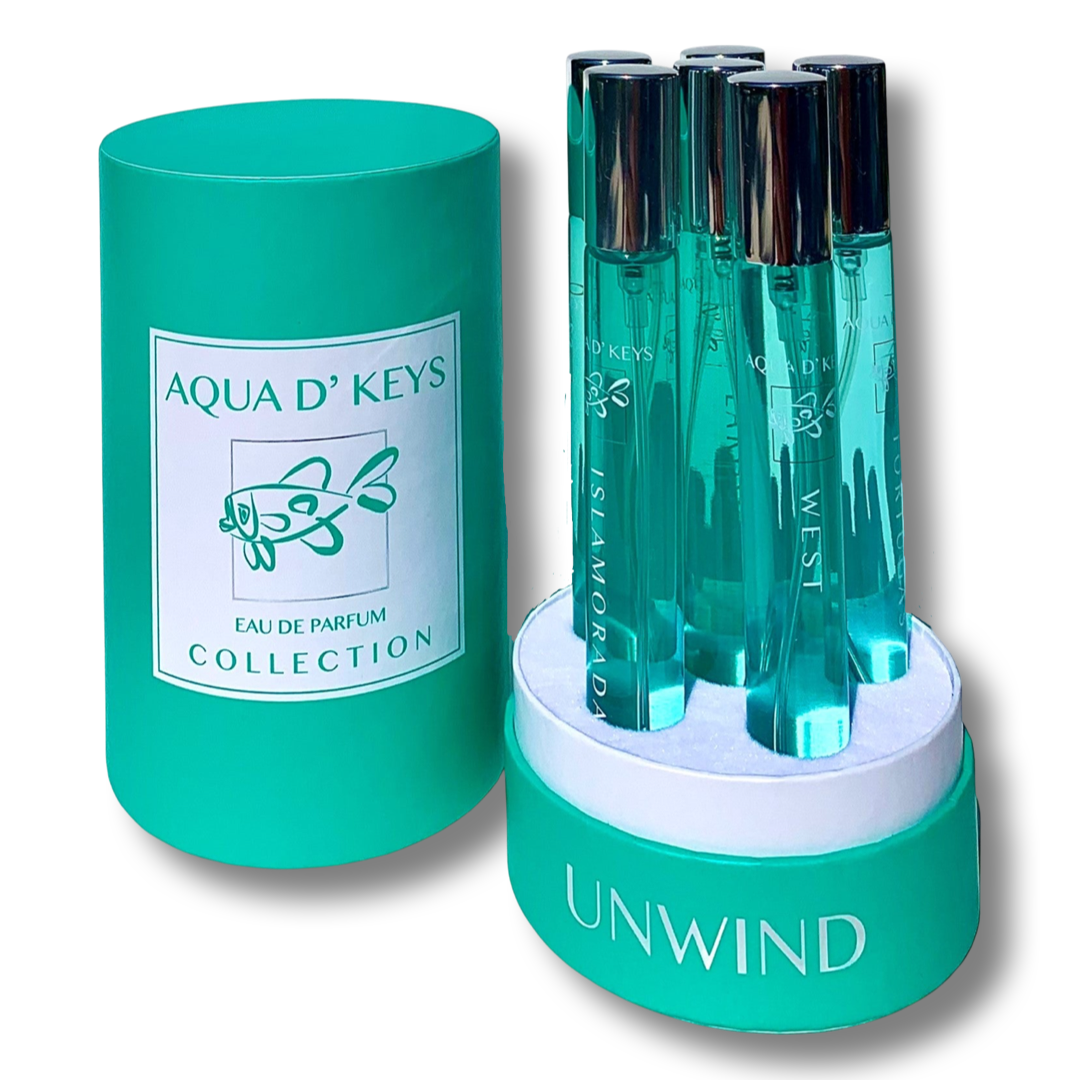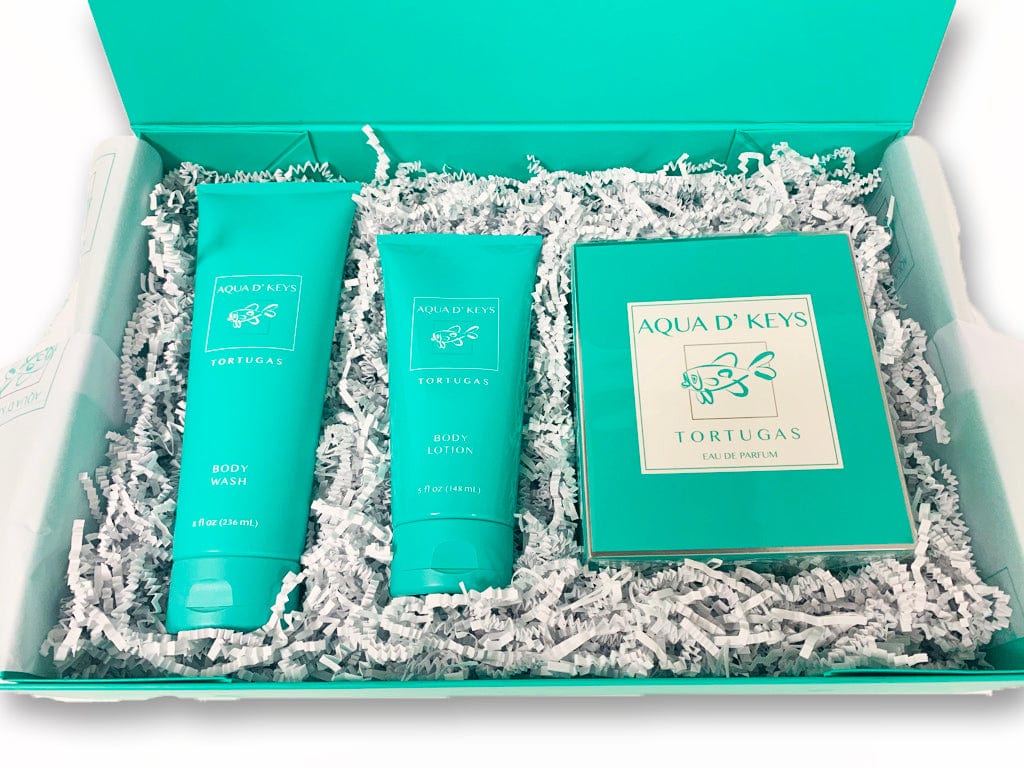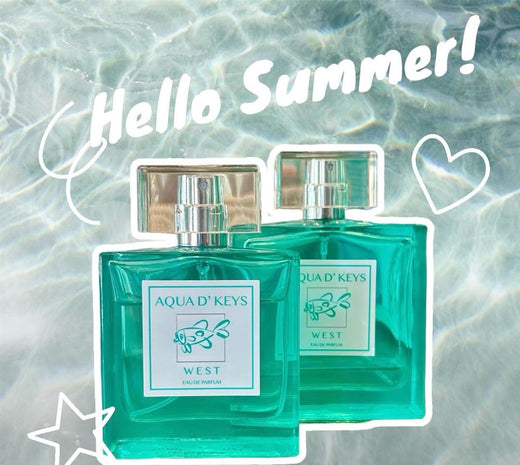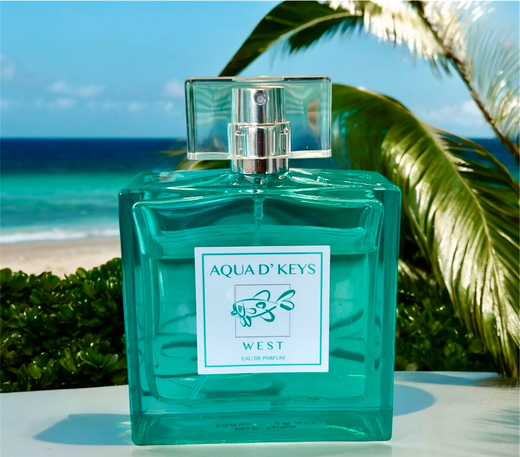The Difference Between Perfume, Cologne, and Eau de Toilette
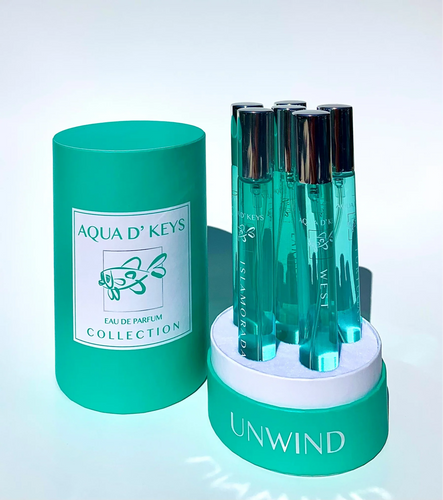
Among luxury fragrances or unisex fragrances, those labels can be confusing. After all, isn’t a fragrance just a fragrance? Not exactly. You can enjoy a favorite scent in different strengths, from heavier to a lighter version. Besides the concentration of the fragrance, the three versions will be priced differently. With the most amount of costly oils, perfume is stronger and thus, the most expensive. Eau de toilette is next in line and a lighter cologne is less costly.
What Are Perfume, Cologne, and Eau de Toilette?
Perfume, cologne, and eau de toilette are essentially different versions of the same scent. Eau de parfum typically contains the highest fragrance concentration, thus it’s heavier and longer lasting. It’s also the most expensive version of luxury perfumes. Eau de toilette dilutes that concentration just a bit. The fragrance is lighter. Finally, eau de cologne has the lowest fragrance concentration and is the lightest version of the perfume. Because of that, it’s also the least expensive of the line.
Concentration Levels of Fragrances
When it comes to the concentration of fragrance oils, perfume contains about 20-30 percent (blended with alcohol and water), which makes it the longest-lasting version of the scent. Because it’s heavier, perfume is a better choice for special or more sophisticated occasions.
Eau de toilette contains anywhere from 5-15 percent oil, making it a good option for wearing every day.
Finally, cologne only has about 2-4 percent of the oil, so this lightest version of luxury perfumes tends to fade faster. It’s great when you need a refreshing spritz, and it’s the least expensive among the three types.
Historical Context
Perfume goes back to ancient Egypt, Rome, and Greece where it was used in religious ceremonies and for healing. It gradually evolved to represent status among the nobility, where kings and queens had their own signature scent.
Eau de toilette was first created in 14th-century Hungary, as a lighter, fresher version of the heavy French perfumes that were popular in Europe at the time. Eau de toilette was designed to gradually evaporate from the skin. The term "eau de toilette" translates to "water for washing," meaning it was meant to be light and clean.
Finally, the city of Cologne, Germany was where “cologne” was invented in 1709. It was an even lighter alternative to the French perfumes that dominated.
The History of Perfume
Ancient cultures like the Egyptians, Greeks, and Romans used perfume in various rituals, and eventually, for themselves. The Greeks invented liquid perfume, while the Arabs created the system of distillation which made manufacturing perfume on a larger scale possible.
By the 17th century, France had become the dominant center for making fragrances; King Louis XIV was famous for requiring a new perfume for himself each day. In the 19th century, achievements in chemistry and manufacturing made the creation of perfumes more commercially viable.
The History of Cologne
In the 18th century, heavy French perfumes were the standard throughout Europe. “Eau de Cologne” (which translates to “water of Cologne”) was created as a lighter fragrance alternative. It contains about a third of the fragrance oils of a perfume. In keeping with ancient times when fragrances were used in healing, cologne was also considered a remedy for smallpox.
Types of Fragrances

When it comes to luxury fragrances, they fall into six main categories.
-Oriental fragrances are warm and sensual, blending things like spices and musk. They’re best suited to evening or special occasions for their sophisticated scent.
-Floral fragrances are the most popular, blending various flowers into scents that are romantic and feminine.
-Woody fragrances blend natural, earthy scents like cedar or sandalwood. They’re suited to both men and women and good for everyday wear.
-Fresh fragrances are just that - “fresh.” They carry bright citrus notes, green scents, or those of the ocean, and are perfect for spring and summer.
-Chypre fragrances are a complex, elegant blend of citrus top notes with base notes of wood, moss, or spice.
-Gourmand fragrances draw upon dessert-like flavors such as coffee, vanilla, chocolate, or caramel. These warm scents work best for cold weather.
Eau de Cologne vs. Eau de Toilette
On the intensity scale, eau de cologne has an even lower fragrance concentration than eau de toilette. The light fragrance of cologne carries about 2-4 percent of the perfume oils, blended with water and alcohol. Eau de toilette contains 5-15 percent oil.
Eau de Toilette vs. Eau de Parfum
Eau de toilette is the middle ground in scent strength. Compared to luxury perfumes, it has 5-15 percent oil versus perfume which contains 20-30 percent. This high concentration makes perfume the most expensive version, with eau de toilette next, and cologne the least expensive.
Overview of Extrait
An “extrait de parfum” is a French term for "extract." This is the highest concentration of fragrance, even more than ordinary perfume. It carries up to 40 percent of the fragrance oil and far less alcohol, making it very strong and long-lasting. In short, a little goes a long way.
Gender Norms in Fragrance
In the past, fragrances have generally been marketed as either “feminine” (such as florals or another sweet scent) or masculine” (more woodsy or musky) based on traditional gender roles. Scents for men are branded as “cologne” since the term “perfume” is perceived as feminine.
In recent years, unisex fragrances have been on the rise. They blend various notes in combinations designed to appeal to personal style, no matter what the gender is.
Gender Influence in Perfumery
For decades, fragrances have been marketed to specific genders. Women have been sold perfumes that are fruity or more floral, while men’s fragrances feature notes of leather and tobacco. That's changing, with the perfume industry creating unisex fragrances and modern marketing taking a gender-neutral approach to different scents.
Tips for Choosing Fragrances

Start with your lifestyle. Are you outdoorsy or more of the type to enjoy sophisticated cultural events?
Are you a busy parent or executive? What are your favorite smells: does an ocean breeze uplift you? Maybe a rose garden in the summer or the smell of a cozy fire? These will help narrow down your fragrance families and help you find the right scent.
Then you need to live with it, beyond just a sniff on a paper strip. Take advantage of perfume samples and see how the scent wears on you over several days. How does it change as the day goes on? Your body chemistry will impact both its scent and longevity.
How to Select the Right Perfume or Cologne
Perfume is heavier and longer-lasting than cologne, and one version or the other of the scent may be better suited to your lifestyle. Take advantage of samples of both types to see how each version wears on you over a few days.
Aqua D’Keys offers a range of luxury perfumes, unisex fragrances, and perfume gift sets, all bringing that unique Key West fragrance into your life!
Search Blog
Related Articles
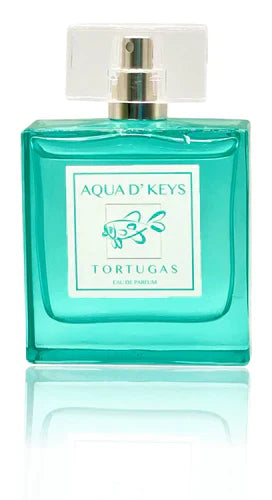
The Ultimate Guide to Choosing the Perfect Perfume for Couples
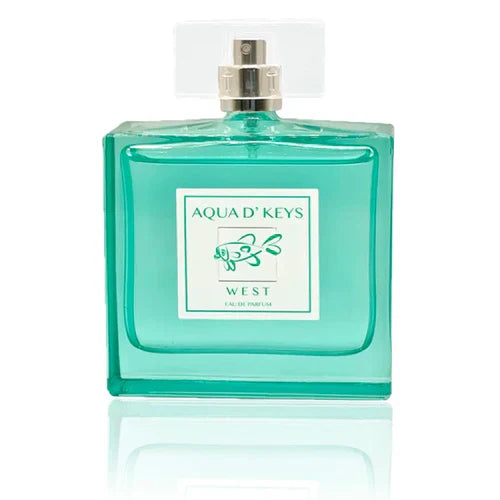
5 Tips for Finding Your Signature Scent
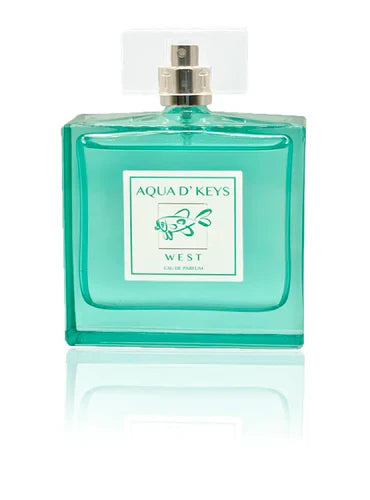
How To Make Your Perfume Last Longer?
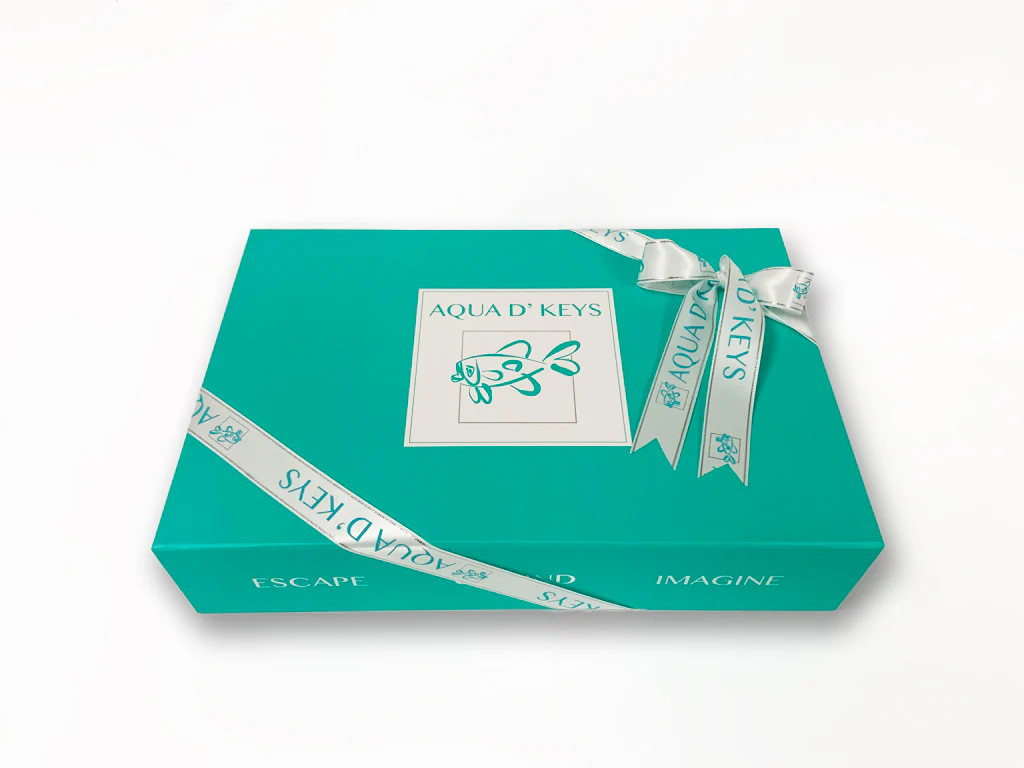
The Art of Layering Scents: Create Your Signature Fragrance
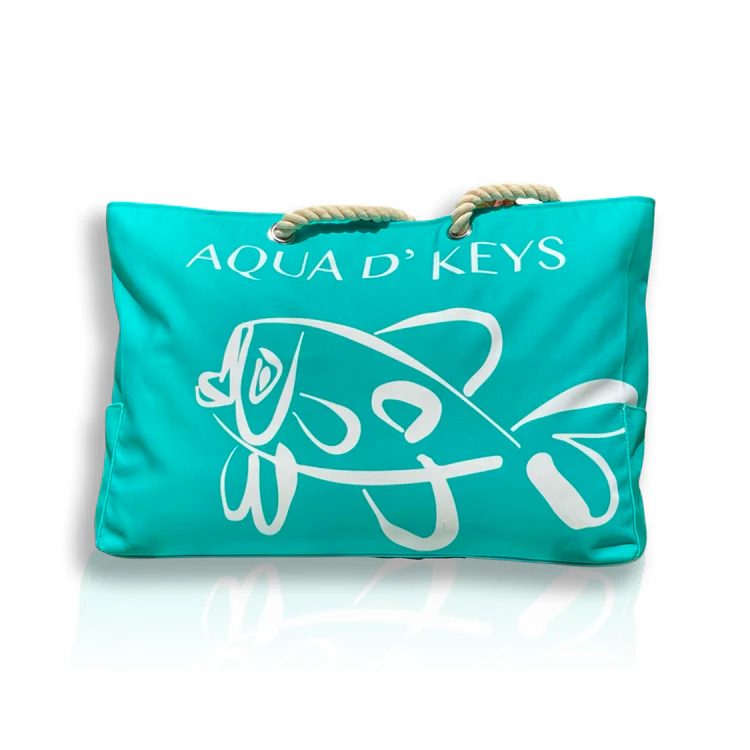
How to Choose a Beach Bag Based on Your Personal Style
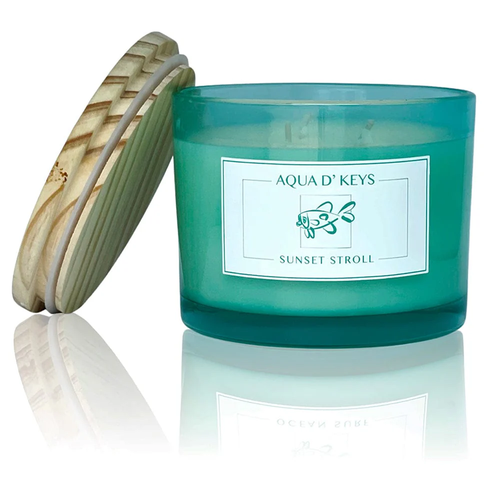
Choosing the Right Luxury Scent for Each Room in Your Home
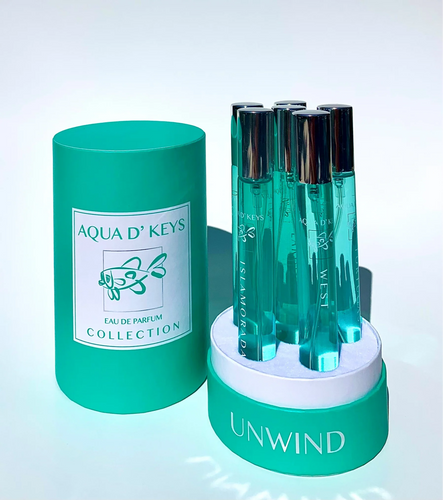
How is Perfume Made?
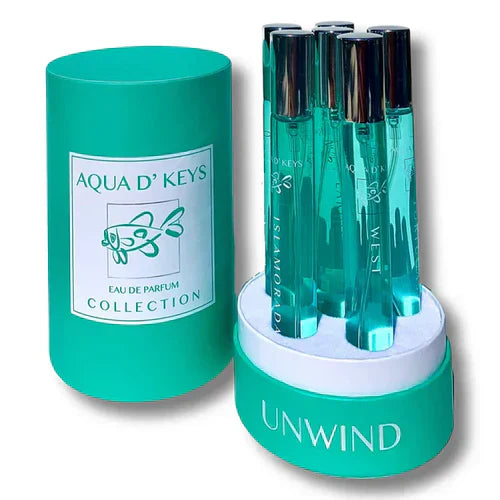
What's The Difference Between Perfume and Fragrance?
